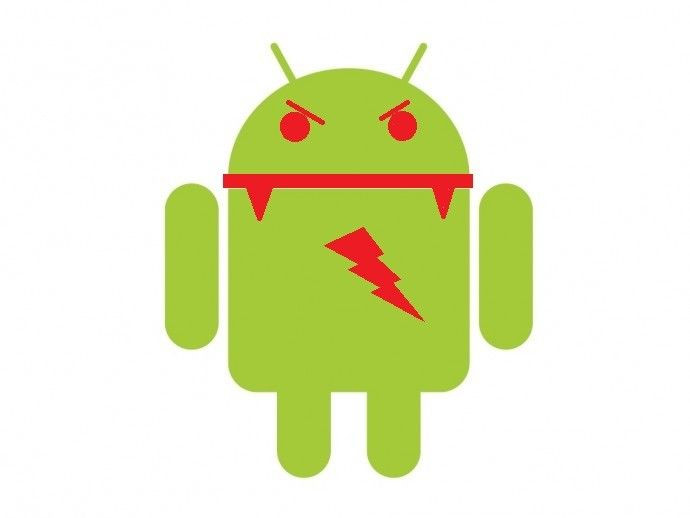More Malware Threats To Android Phones

Malware on mobile phones could be the next big target for criminals.
Malware, especially for Android phones, is cropping up at an increasing rate. Last week security firm Lookout Mobile Security found one called HongTouTou, which is packaged in apps that serve Chinese-speaking users. Earlier this month F-Secure, another security firm, found a Trojan called ADRD, which was also found among apps offered by a Chinese third-party provider.
Mobile malware is relatively rare in the United States, because smartphones still only have a relatively small market share. While the Android operating system is slightly more prevalent than Apple's iOS or the Blackberry OS, it hasn't provided an enticing target for criminals - yet.
But that could change, says Mikko Hypponen, chief research officer at F-Secure. He notes that the ADRD malware just tries connecting to seemingly random links as it runs searches in the background. That can lead to high data usage, and high mobile phone bills. But beyond that it isn't clear what it does, since the sites it links to are in Chinese.
Meanwhile, HongTouTou sends identifying information - the phone's IMEI number and IMSI - to a remote host. HongTouTou can also download Android package files (APKs) that can monitor text conversations and insert spam.
Thus far neither malware has made it into mainstream (for Americans) app markets. But both show that phone malware can be a potential problem.
Hypponen said the only reason there isn't more of it is because for the moment, PCs are more popular. The sheer number of PCs running older versions of Windows make it much easier for malware to get a wide distribution -- Conficker is an example of that, as it has been in the wild for several years. The large number of machines means stealing information is that much more profitable.
But at some point, one of the operating systems in smartphones will be widespread enough that writing a Trojan or virus becomes worthwhile. Right now criminals are just making too much money off the PCs, he said.
Hypponen adds that Symbian, the OS used by Nokia phones, is the one that is currently harboring the greatest number of phone-based viruses, precisely because Nokia phones were so popular. Apple's iOS, he says, is a bit safer than Android because of its closed ecosystem, but that won't remain the case forever. (In a similar way, the Apple OS for PCs has been relatively virus- and malware- free, but only because Macs are a minority of PCs worldwide).
A recent report from security software company McAfee said malware growth on mobile devices is at an all time high. The report said mobile malware threats increased by 46 percent from the year before, and noted that commercial spyware that can pull users' financial information, such as Zeus, has been repurposed to work on mobile platforms.
To contact the reporter responsible for this story call (646) 461 6917 or email j.emspak@ibtimes.com
© Copyright IBTimes 2025. All rights reserved.




















